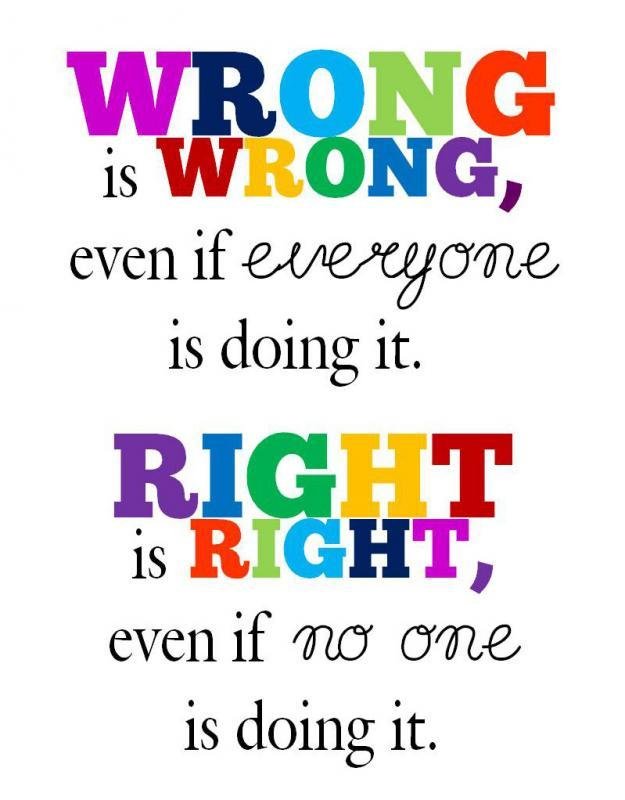Foundation of Choice, Moral Responsibility and Voluntary Action
Foundation of Choice, Moral Responsibility and Voluntary Action

Image Source
The account of Aristotle in voluntary action and of moral responsibility is simply the idea that human agents are movers who themselves have the principle of their actions inside them. The Nicomachean Ethics takes after the De Anima, Eudemian Ethics, and De Motu Animalium in influencing the clarification and assessment of action depend on a description of the causes of human to action. In inspecting the Nicomachean Ethics' account of voluntary action and moral assessment, we might give careful consideration to the way in which Aristotle recognizes the different principles of action, and how those principles influence action description and assessment.
We will take after Aristotle's account of voluntary action from his underlying exchange of the involuntary and mixed action, to his definition of the voluntary in terms of an internal principle, which will lead us to examine the responsibility agents have for states of character and additionally to defend Aristotle's attribution of voluntary behavior to children and animals. In looking at cases of impulse in which an agent has some choice to act, for example, mixed actions, we should contend that Aristotle restrictively permits deliberate instrumental mischief under specific circumstances and for specific purposes one may mean a generally terrible or unsafe action and such an action may even be praiseworthy.
Aristotle's account of prohairesis starts in Book III of the Nicomachean Ethics, nonetheless it doesn't start with an account of prohairesis. The second book of the Ethics gives an account of virtue and its connection to character and action, virtue is a decent condition of character obtained through habituation which influences or results in prohairesis. Having talked about character, Aristotle now turns his thoughtfulness regarding action, which comes about because of prohairesis. Virtue, Aristotle says, concerns action and actions are praised or blamed on the off chance that they are voluntary and pardoned or felt sorry for on the off chance that they are involuntary.

Image Source
In the Ethics, the voluntary is earlier, both in fact and in the order of introduction, to prohairesis, and the nature of the voluntary and the involuntary must be examined if virtue is to be understood. The start of Book III signs both that prohairesis is grounded in a bigger account of human action and that such an account of human action will fill in as a reason for moral assessment.
Aristotle's dialectical treatment of the voluntary and the involuntary takes as its beginning stage the connection between moral assessment and an agent's causal responsibility for actions and results. From a causal point of view, involuntary action appears, at first look, less demanding to identify than voluntary action. Aristotle endeavors to ground the relationship amongst praise and blame, and in addition acquit, with an eye toward the causes of action. Praise and blame join to the agent to the degree that the agent is the cause of his demonstration.
To the degree that an agent's causal commitment to a demonstration or its results is constrained by an external cause, the agent's responsibility for the demonstration and its outcomes is decreased. The causal approach is key to Aristotle's discourse of exculpatory circumstances. There are not very many cases of entirely involuntary action, and Aristotle does not really expound for this class past saying, Perhaps we should state that something is forced without capability at whatever point its cause is external and the agent contributes nothing.
There are, nonetheless, more evident cases of mixed action, where an external force contributes a significant add up to decreasing the choices open to human agents, henceforth the action is a blend of two causes, one internal and one external to the agent. Aristotle gives the case of mariners who need to toss cargo over the edge to spare their ship in a tempest.

Image Source
It appears that their actions are voluntary because they deliberately tossed the cargo over the edge; in any case, without the tempest as a wellspring of external impulse, they would not have done so. Because of the commitment of external components, in this case nature, an action appears to be involuntary, notwithstanding, in connection to the choices which stay open to the agent, the action is voluntary and can get praise or blame.
Aristotle says that, without capability, such actions are involuntary, nobody would toss the profitable cargo over the edge for its own purpose. Be that as it may, when qualified with the circumstances the agent wound up in, they are voluntary, for given the choice between death or the destruction of property in such a tempest, on such a ship, the choice of tossing the cargo over the edge is voluntary. All things considered, mixed actions are more similar to voluntary actions.
The ship may sink, however we throw the cargo off first as opposed to the women and children, to do generally is blameworthy, in spite of the fact that not as blameworthy as it would be without a tempest. The nature of the agent's causal commitment influences the likelihood and moral assessment. Cases of mixed action are not caused by viciousness or force but rather they are required or constrained, which resembles force or savagery in that the impulse is external to the agent.

Image Source

Reference:
Aristotle's Theory of Prohairesis
By: Michael Angelo Formichelli
yeh ....Life choice is a responsible and serious matter, but at the same time, there is something surprisingly interesting and exciting in it. There are situations when it seems that we approach this issue too mediocre, and sometimes even extremely petty and boring. Sometimes, when discussing things that could turn his whole life around, a person behaves as if he is just going to have a snack or buy a new hat, and choosing the clothes or groceries in the supermarket, the same person looks as if the whole of it depends on this choice fate. It's like in advertising: "Every moment we choose our destiny, make new discoveries, find new interests, and every moment - the beginning of a new path ..." So beautiful, so deep, it's so true that I'm ready to subscribe to every word. But here's the next! .. "... We strive to choose the best, choose the impeccable quality.
Thats the good thing with life, unpredictable.
right dicision.
Just remember the golden rule of life. You reap what q
nice article thanks for shar csechglhostd
just beautiful! ,,,